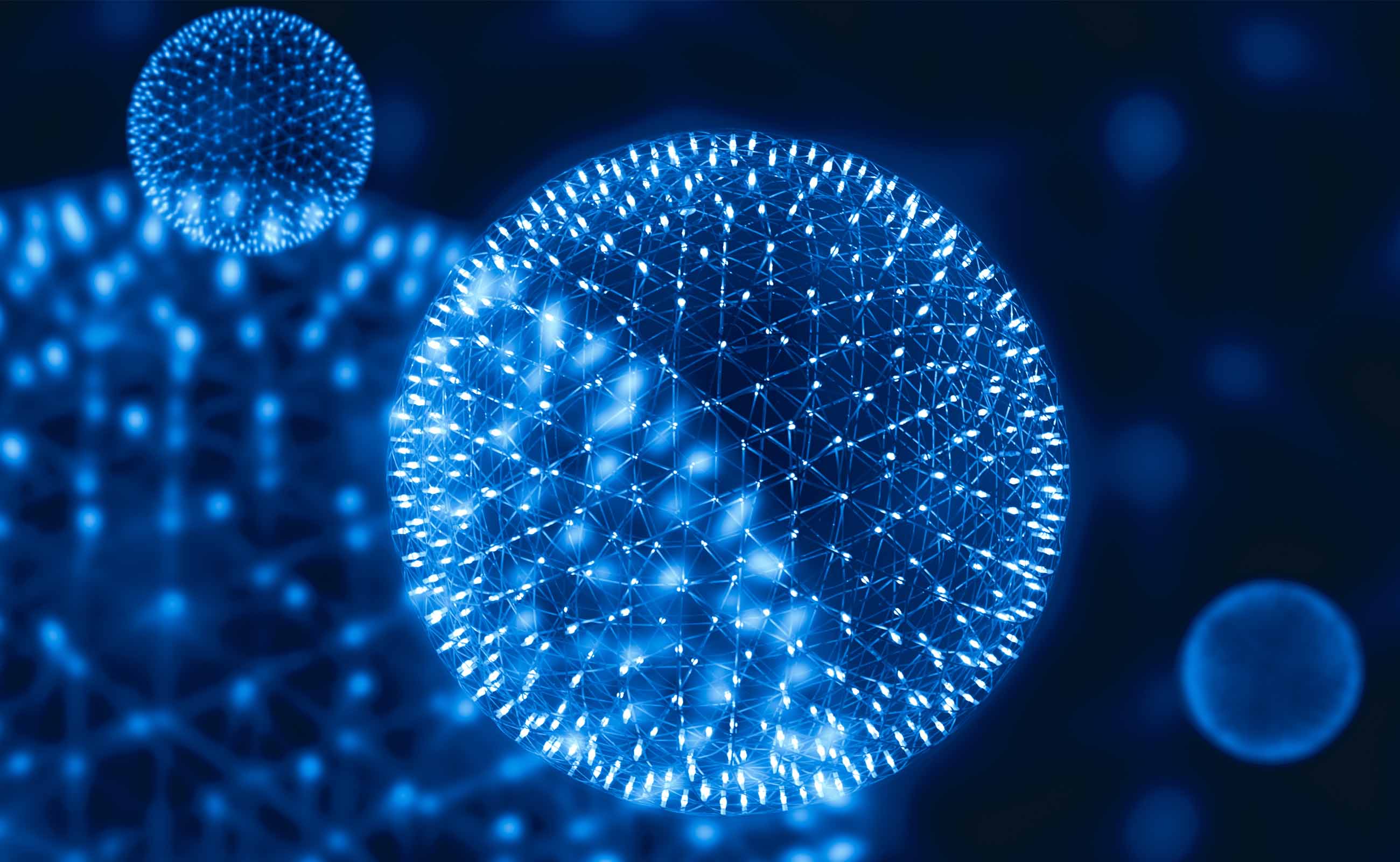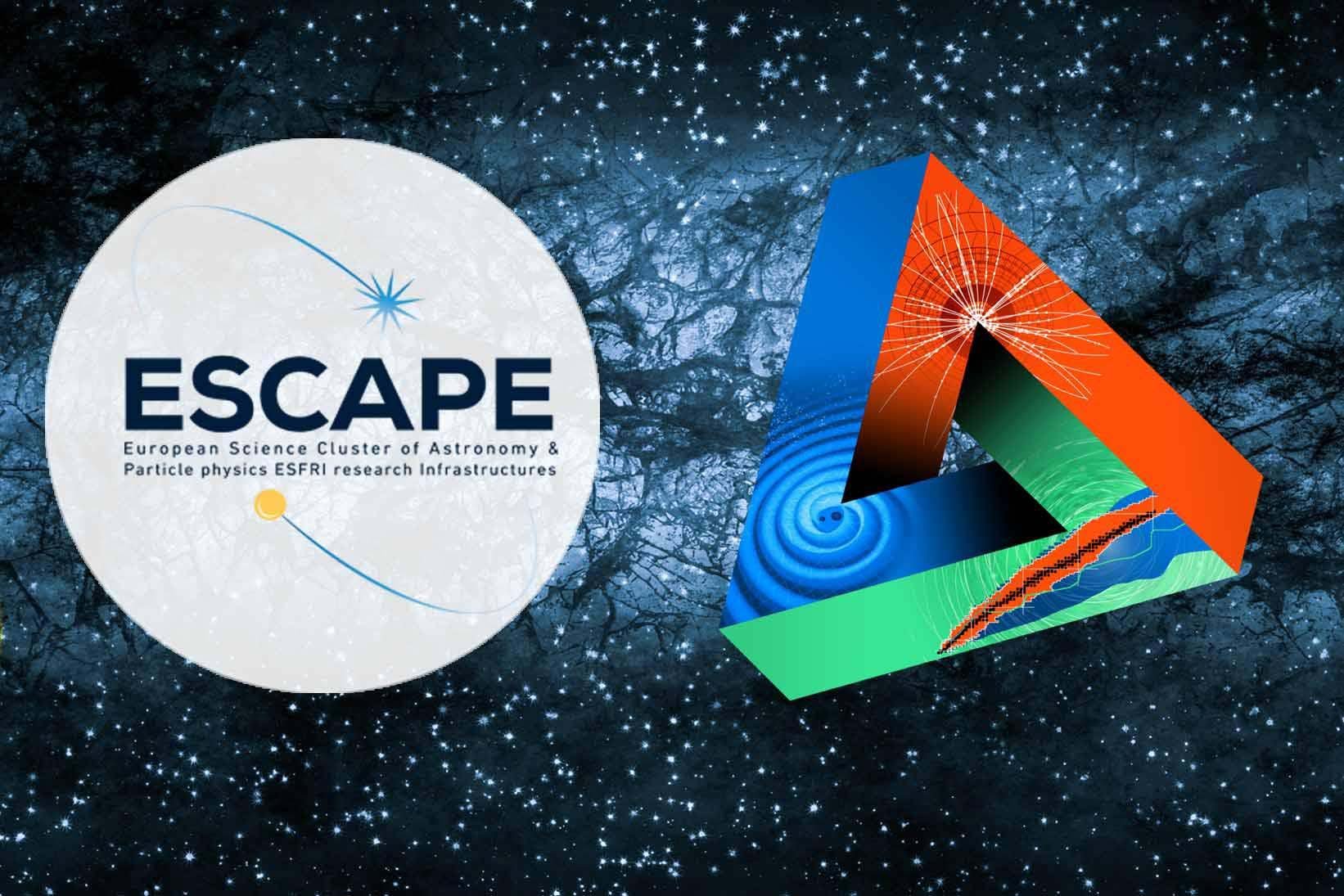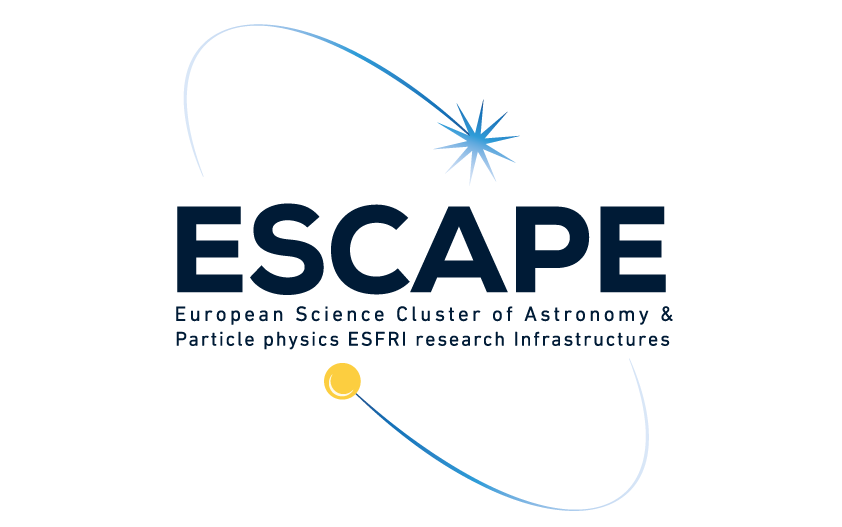

Initiated by the European Committees for Astroparticle (APPEC), Particle (ECFA) and Nuclear Physics (NuPECC), and following a first joint seminar held in Orsay in 2019, Expressions of Interest for common activities have meanwhile been endorsed in the following areas:
- Dark Matter (iDMEu)
- Machine-learning Optimized Design of Experiments (MODE)
- Gravitational Waves for fundamental physics
- Nuclear Physics at the LHC
- Storage Rings for the Search of Charged-Particle Electric Dipole Moments
The main goal of this initiative is to establish a broad platform, exploiting synergies and complementarities across different communities, which will be done in collaboration with ESCAPE. Indeed, Dark Matter is one of the subjects originally considered in the ESCAPE work program as a Test Science Project (TSP) case in the remit of Open Science to Open Data & Reproducible Science.
All these activities have held their first meetings to present and discuss their Expressions of Interest and to make first steps towards implementation of the common activities in autumn last year (more information is available here).
Community-at-large is encouraged further engagement and participation. Interested groups may wish to attend important meetings which are intended to take place during 2021. Below a short summary of the status, planned activities and upcoming workshops is given.
In addition, a new JENAS expression of interest is currently discussed, which would concern the new US-based project, the Electron-Ion Collider, Please follow the above mention webpage of the EoI for news.
Work will be ongoing in all of these activities towards a second Joint ECFA-NuPECC-APPEC Seminar (JENAS) that will be held in Madrid from 6 – 8 May 2022.
Initiative for Dark Matter in Europe and beyond (iDMEu)
iDMEu is an initiative that aims at building up a "virtual place” where researchers working on Dark Matter from different communities can meet and exchange ideas. Some details can be found here https://indico.cern.ch/event/869195
iDMEu will kick off its activities with a meeting to be held online (via zoom) on 10 – 12 May 2021 between 2 and 6pm European time https://indico.cern.ch/event/1016060/
Machine-learning Optimized Design of Experiments (MODE)
MODE targets the use of differentiable programming in design optimization of detectors for particle physics applications, extending from fundamental research at accelerators, in space, and in nuclear physics and neutrino facilities, to industrial applications employing the technology of radiation detection.
Details are available here:
https://mode-collaboration.github.io/index.html#home
A first (in-person) workshop on differentiable programming is planned to be held on 6 – 8 Sept. 2021 in Louvain / Belgium
https://mode-collaboration.github.io/workshop/index.html
Gravitational Waves for fundamental physics
The landmark detection of gravitational waves emitted by black-hole and neutron-star binaries has opened a new era in physics, giving access to hitherto unexplored systems. In parallel to their countless astrophysical applications, these discoveries open new avenues to explore fundamental physics.
More details can be found here: https://agenda.infn.it/event/22947/overview
Further meetings will be announced in due course.
Nuclear Physics at the LHC
The main goal of the initiative is to provide a platform to investigate physics of anti-nuclei and hadronic interaction at high energy accelerators and in Space. It aims at facilitating information exchange via common projects and workshops as well as via the availability and maintenance of public analysis and propagation codes.
More details can be found here: https://indico.ph.tum.de/event/4492/
An in-person workshop will be held as soon as the situation with the pandemic allows it and will be announced in due course.
Storage Rings for the Search of Charged-Particle Electric Dipole Moments
A three day Heraeus Workshop has taken place end of March to discuss
charged particle Electric Dipole Moment measurements. Parallel to ongoing studies at COSY in Juelich/Germany, the next step is to design and build a prototype storage ring, where key concepts can be verified and a first direct proton EDM measurement will be performed. The submission of a Design Study is planned in 2022 in the framework of the "Horizon Europe Work Programme for Research Infrastructures”.
Views
22,503

